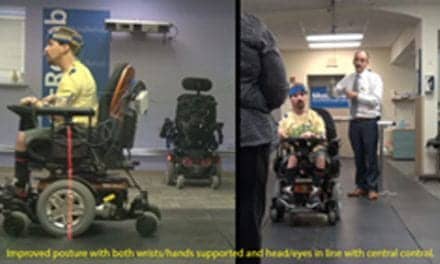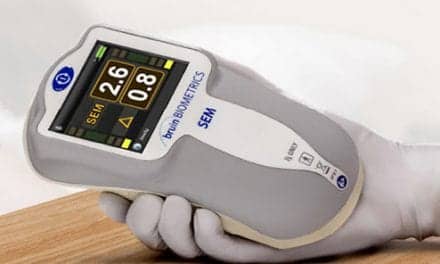
The interface is designed to create a natural connection with nerves and provide a fast, intuitive, bidirectional flow of information between the nervous system and the prosthetic. The aim is to accomplish a more realistic experience for users and improved function. Micera adds that the technology signals that researchers may be “on the cusp of providing new and more effective clinical solutions to amputees in the next years.”
A recent news release notes that Micera and colleagues tested the system by implanting intraneural electrodes into the nerves of an amputee. The electrodes stimulated the sensory peripheral system, delivering a range of touch feelings. Researchers say they then evaluated the motor neural signals recorded from the nerves and showed that information related to grasping could indeed be extracted.
The researchers then used the information to control a hand prosthesis that was placed near the amputee, but was not physically attached to the arm. During the AAAS meeting, Micera also outlined a new additional clinical trial that will encompass connecting the prosthetic hand direct to the patient for what Micera calls the first, real-time, bidirectional control using peripheral neural signals.
[Source: École Polytechnique Fèdèrale de Lausanne]





